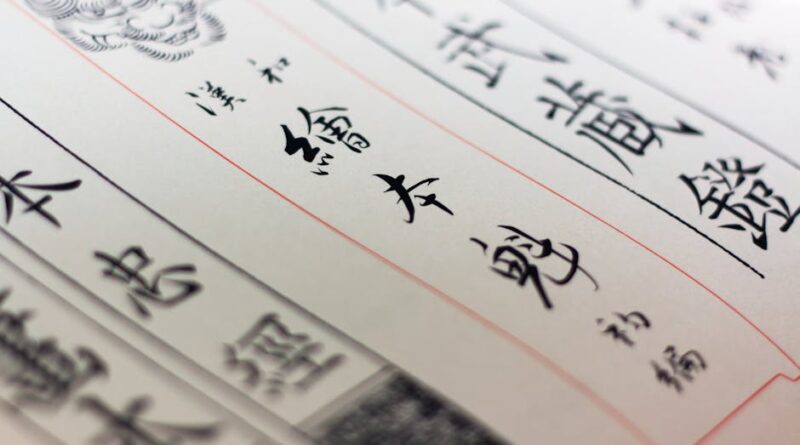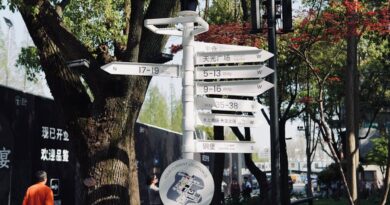Cultural Insights for Japanese Language Learners
Are you learning Japanese? If so, you’re not just learning a language; you’re also diving into a rich culture. Understanding Japanese culture can help you connect better with the language. So, how can cultural insights enhance your Japanese language skills? Lets explore!
Why is Japanese Culture Important in Language Learning?
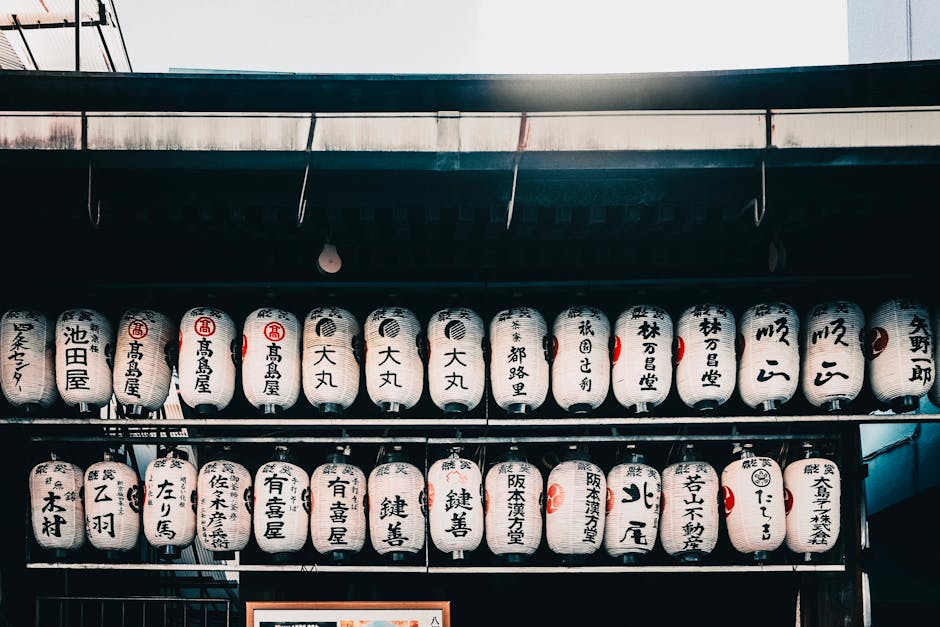
Culture shapes how people communicate. In Japan, language reflects social rules and relationships. For instance, politeness plays a huge role. Knowing when to use “san” or “sama” after a name can show respect.
Research shows that cultural context boosts language retention. A study by the University of Pennsylvania found that learners who engage with culture remember more vocabulary. So, learning about Japan can help you learn Japanese faster!
What are Key Cultural Concepts to Know?
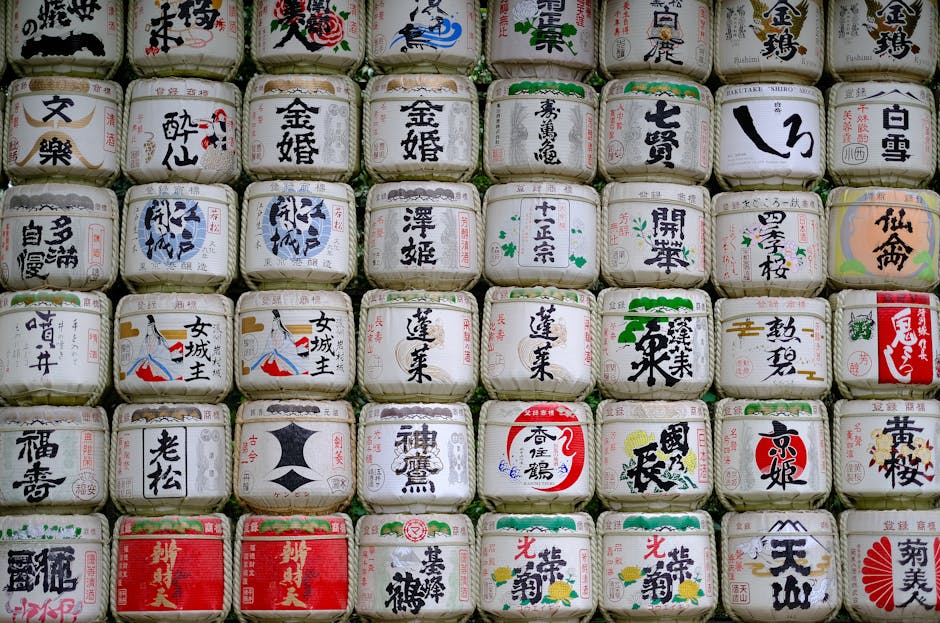
Grasping some cultural ideas will make your language learning journey smoother. Here are a few key concepts:
- Wa (): This means harmony. Japanese society values group harmony over individual opinions.
- Tatemae and Honne: These terms refer to the difference between public (tatemae) and private (honne) selves. People often speak differently in public than they do at home.
- Omotenashi: This is the spirit of selfless hospitality. In Japan, people go out of their way to make guests feel welcome.
Understanding these concepts can help you navigate conversations better. Youll see how they influence the language itself.
How Does Politeness Work in Japanese Language?
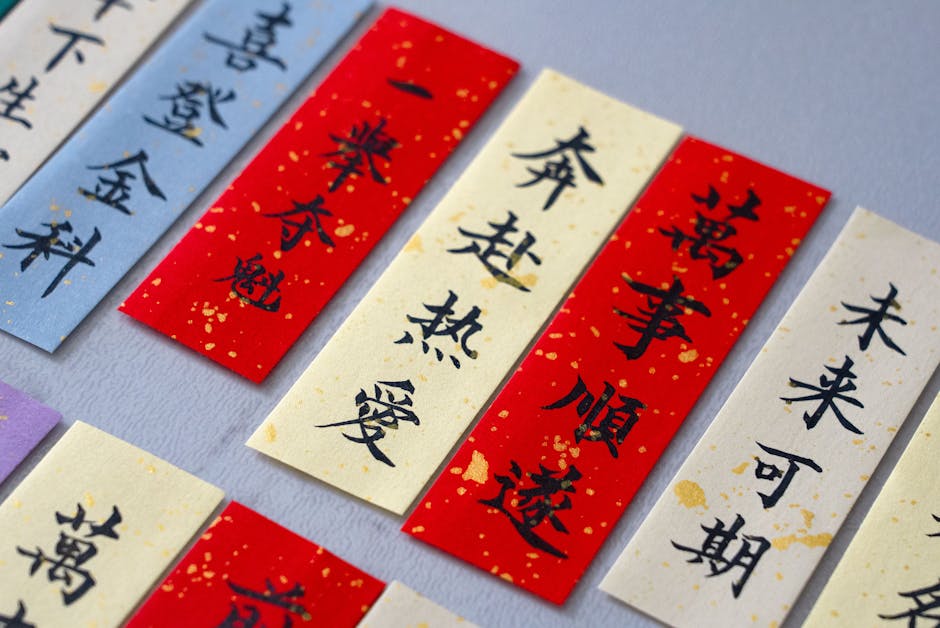
Japanese has various levels of politeness. This can be tricky for learners. Heres a simple breakdown:
- Casual Language: Used among friends or family.
- Polite Language: Commonly used in everyday interactions.
- Honorific Language: Used for showing great respect, often in formal settings.
For example, when ordering food, you might say “kudasai” (please give me) to be polite. In casual settings, you can drop the “kudasai” and just say what you want.
What are Common Misconceptions About Japanese Etiquette?
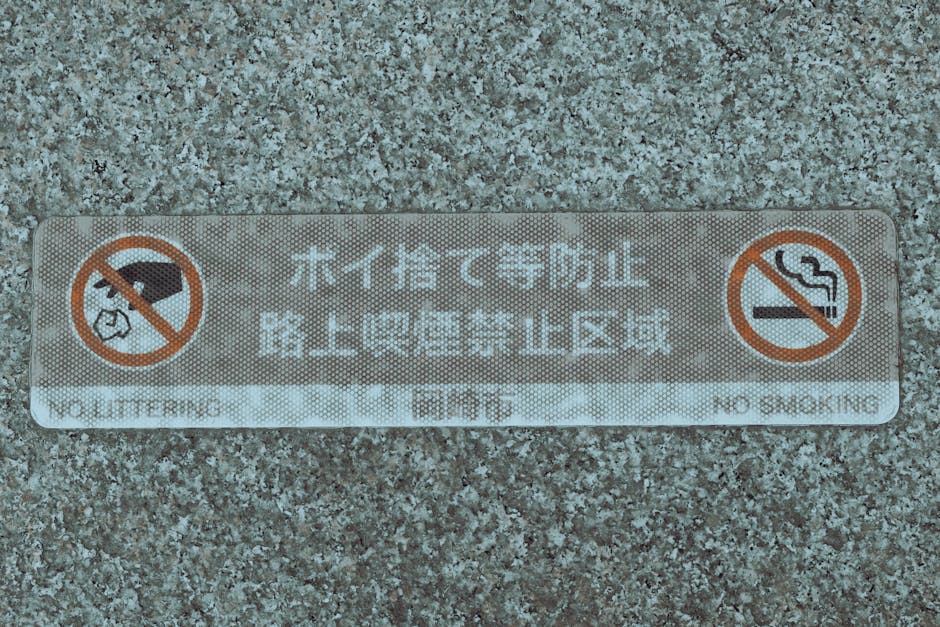
Many learners have questions about etiquette. Here are a few common misconceptions:
- Misconception 1: Bowing is always necessary. While bowing is significant, a handshake can work in business settings.
- Misconception 2: You shouldn’t point. Actually, using your whole hand to gesture is acceptable and polite.
- Misconception 3: Only adults need to use honorifics. Children use them too, as it’s part of learning respect.
Understanding these nuances can help you fit in better when speaking Japanese.
What Should You Know About Japanese Festivals and Traditions?
Japanese festivals (matsuri) are vibrant and full of life. These events often reflect local culture and history. Participating in or learning about them can deepen your understanding of Japan.
Here are a few popular festivals:
- Hanami: Celebrating cherry blossoms in spring.
- Tanabata: A star festival that celebrates the meeting of two deities.
- Obon: A time to honor deceased ancestors.
Each festival has its own unique traditions, food, and customs. For example, during Hanami, people gather under cherry trees to enjoy picnics. it’s a time for friends and family to come together.
How Can You Use Japanese Media to Enhance Your Learning?
Media is a fantastic way to learn language and culture. Watching anime, dramas, or films gives you context on how people interact in daily life. You also hear the language in it’s natural form.
Here are some media options:
- Anime: Great for listening practice. Try shows like “My Hero Academia” for casual language and humor.
- J-Dramas: These shows often deal with drama and relationships, providing real-life dialogue.
- Movies: Films like “Your Name” explore deeper cultural themes.
don’t just watch passively. Pause, repeat interesting phrases, and try to jot down new vocabulary!
What Resources Can Help You Learn Japanese Culture?
Many resources are available to enhance your learning experience. Here are some to consider:
- Books: “Shogun” by James Clavell offers a historical perspective.
- Online Platforms: Websites like NHK World provide cultural insights and language resources.
- Classes: Joining a language class can provide structured learning and cultural discussions.
Using a variety of resources will keep your learning exciting and effective.
How Can You Immerse Yourself in Japanese Culture?
Immersion is key to mastering any language. Here are some ideas to immerse yourself in Japanese culture:
- Attend Local Events: Look for Japanese festivals or events near you.
- Join Language Exchange Groups: Practice speaking with native speakers.
- Cooking: Try making Japanese dishes like sushi or ramen. Cooking can teach you about ingredients and dining customs.
These activities will not only sharpen your language skills but also help you appreciate Japanese culture even more.
What are Actionable Takeaways for Language Learners?
As you learn Japanese, keep these points in mind:
- Engage with cultural concepts like wa and omotenashi.
- Practice using different levels of politeness in conversations.
- Incorporate Japanese media into your study routine.
- Explore local Japanese culture through events or cooking.
Each small step brings you closer to fluency. Remember, learning a language is a journey, not a race.
Conclusion: Embrace the Culture, Embrace the Language
Learning Japanese is about more than just vocabulary and grammar. it’s about understanding the culture and customs that shape the language. Embrace these cultural insights as you learn. They will not only enrich your language skills but also deepen your appreciation for Japan.
So, what will you do first? Pick up a Japanese film? Attend a local festival? The choice is yours, and every effort counts!
For more cultural insights, visit Japan Travel.
